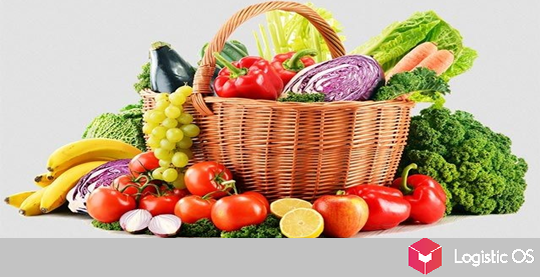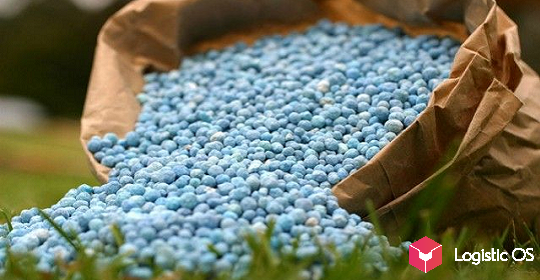The demand for organic waste from poultry and livestock enterprises has increased significantly.
The sharp rise in the cost of mineral fertilizers around the world is forcing the governments of different countries to make decisions to restrict the export of these products to meet domestic needs.
The pioneer was China, one of the largest suppliers of mineral fertilizers in the world.
China accounts for 10% of world carbide exports and 30% of the global diammonium phosphate (DAP) market
The main importers of Chinese products are India, Pakistan, Australia and Latin America.
China exported 29 million tons of fertilizers in 2020.
Amid skyrocketing electricity prices, several large Chinese fertilizer companies announced a suspension of exports to meet domestic market needs.
Prices for mineral fertilizers have increased worldwide, prompting farmers to look for alternative options.
One of these options was the use of organic waste from livestock and poultry enterprises.
If earlier droppings and manure were sold for a symbolic payment for removal, now they are actively sold.
Analysts have calculated that the cost of 30-40 tons of organic fertilizers required per hectare is in the range of 30-65 thousand rubles, which is much cheaper than using mineral fertilizers.
Farmers assess the consequences of the use of organic fertilizers in different ways: some believe that the impact on the soil will be positive, since nutrients are returned to the soil.
Others are of the opinion that the unstable composition and lack of application technologies threaten with overdose and soil contamination.
The business of processing organic fertilizers into a quality product with certain parameters and without unnecessary impurities in Russia is poorly developed, while similar technologies already exist in the world.
The regulation of animal waste also has an effect: for the transportation of organic fertilizers, a special permit is required, because they belong to the substances of the third (moderate) hazard class.
In 2022, the regions are ready to purchase 4.2 million tons of mineral fertilizers, which is 1 million tons less than previously planned.

